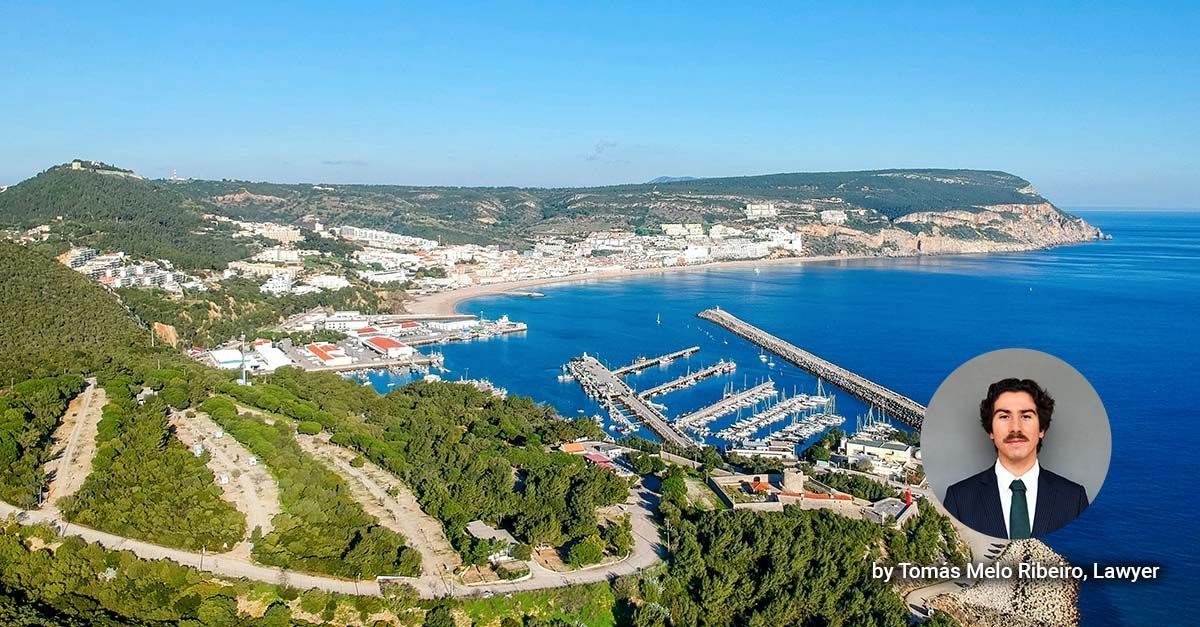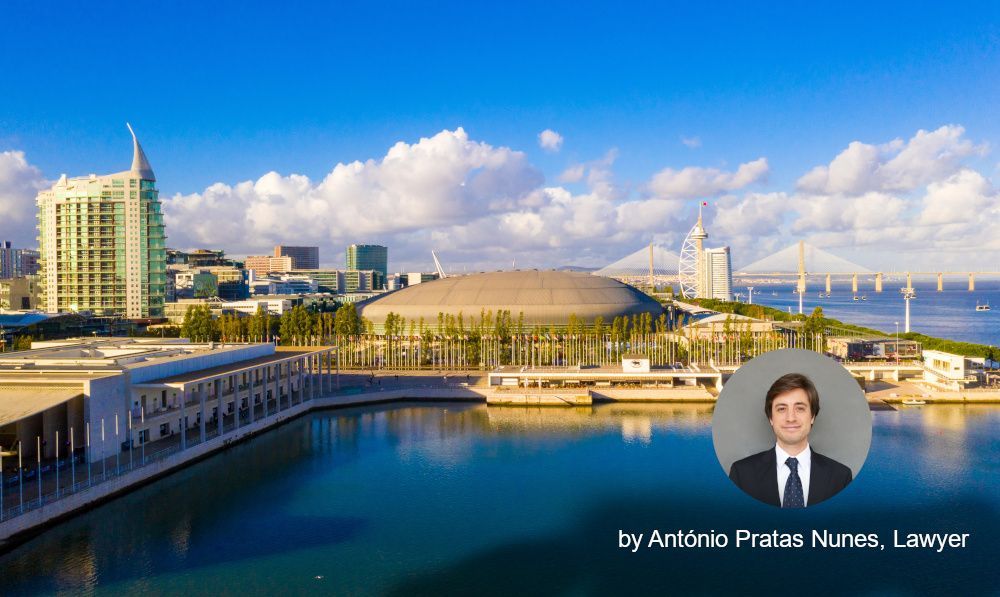Investors in Portugal's Golden Visa push for ahead legal action
Over the weekend, within a matter of hours, a WhatsApp group of over 400 professionals with more than a decade of experience in the Portuguese Gold Visa industry was formed. The group consisted of some of the country's most prominent lawyers, developers, and real estate agents. The aim of the group – that LVP Advogados is actively participating and contributing – was to assess the government's proposal to change the residency permit regime for Golden Visa investors to that of "entrepreneurial immigrants", which was deemed "clearly unjustified and discriminatory".
The initial action taken to dispute the new legislation, which was approved during the latest Council of Ministers meeting as part of the “Mais Habitação” package, is a public petition entitled "Defending Portugal's Image and Reputation Among International Investors". The petition was launched by PAIIR - Portuguese Association of Immigration, Investment, and Relocation, a small association that was quickly joined by a group of other legal professionals. The document began to circulate around 4pm on Sunday and so far 3,000 individuals have signed it.
The goal of the petition, which will be later submitted to Parliament, is to participate in the parliamentary debate and influence the ongoing legislative process related to the proposed changes to the Golden Visa program. Members of Parliament are currently holding consultations, and some political parties, such as PSD, have put forward proposals related to this issue before the parliamentary commission. It is believed that efforts will be made to reach a consensus, and corrections can still be made at the specialised committee level. The proposed changes are considered to be unconstitutional by many, and there is still time to address these concerns before any final decisions are made.
The issue at hand concerns a "drastic modification" introduced by the government after the public consultation on the Executive's package, which received approximately 2,700 submissions. The proposed alteration entails converting all Golden Visas into a residence permit for entrepreneurial immigrants, which is based on "completely different assumptions" and requirements compared to the residence permit for investment. This change will affect all pending and renewal requests, which occur every two years. "These requests will be evaluated according to general regulations and certified by AICEP, Banco de Fomento, IAPMEI, the National Innovation Agency, or the Ministry of Culture based on their economic, scientific, or cultural value," Prime Minister António Costa stated during a press conference.
The government initially proposed excluding applications submitted after 16th February to prevent a rush for gold visas. However, this idea was later abandoned, resulting in a more complicated and onerous retroactive effect that has generated widespread outrage among investors. Many investors feel deceived and misled by the sudden change, as they were promised a residence permit with specific conditions that allowed them to visit Portugal for 14 days every two years without having to reside permanently in the country. The government's new plan, which involves automatically converting Golden Visas into a residence permit for entrepreneurial immigrants, has caused significant unrest among investors who were not prepared for such a drastic change.
Should this matter end up in court, a "massive" lawsuit is expected, given that 11,758 investors have been granted residence permits based on the special Golden Visa regime since 2012. Of the total 6.8 billion euros invested, 89% of the value went into real estate, with more than 20,000 family members eligible to join them. Furthermore, there are almost 2,000 applications still awaiting approval and approximately 500 to 600 in progress, including those who have already signed contracts.
The petitioners point out that these investors followed the rules set by the Portuguese State, invested in what was impossible to invest in before, and met the criteria imposed by the government. They don't understand how the rules can be changed midway through the game. Laws should be for the future, not retroactive, and not affect previously established rights.
Moreover, the image and international reputation of the country are at stake. Portugal is at serious risk of no longer being perceived as a stable and foreign investment-friendly country, but rather as an unstable country where political volatility and uncertainty make investment a risky activity.
Source: Eco











